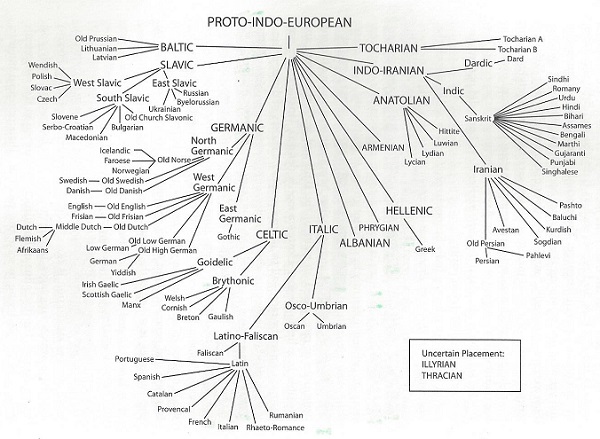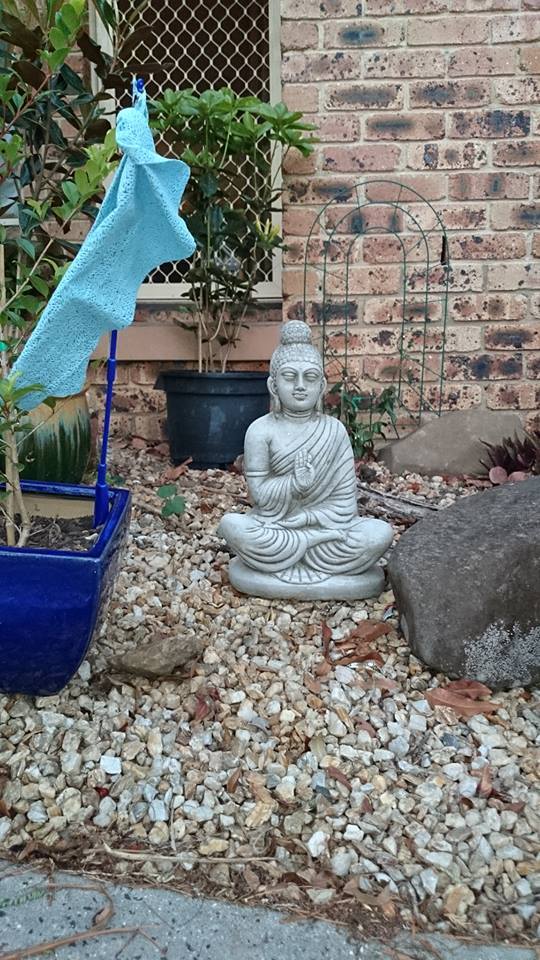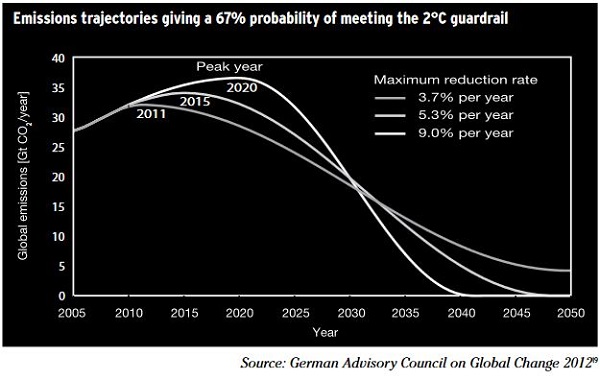On Maundy Thursday, the Business Spectator lead story was this telling article on the Rudd/Abbott refugee policy by Rob Burgess. The article starts with:
“As many Australians prepare for a holiday marking the most important Christian festival of year, it’s worth remembering that Jesus of Nazareth began life as a refugee, taken to Egypt to escape King Herod’s slaughter of male infants.
The refugee family eventually went home, so there was no need to transfer the infant to an offshore detention facility – I mean, who’d even think of doing that?”
And ends with:
“While the nation spends a long weekend celebrating the life of the world’s most famous refugee, political leaders might take time to sniff the wind again and realise we’re standing out in our region for all the wrong reasons.As Fraser sums it up: “Whatever else our refugee policy is, it isn’t Christian.”
In the middle there was a well argued article with useful supporting data that included:
“In years to come, people will look back at the Abbott Government’s practice of locking innocent children up on remote Pacific islands and shake their heads with disbelief,” said Hanson-Young on Wednesday.
It may not take years. Other nations, including key trading partners, are already shaking their heads at Australia’s offshore processing regime…….
” At this year’s human rights dialogue between China and Australia, vice-minister of foreign affairs Li Baodong said China had concerns “especially on the protection of refugees and asylum seekers, the right of the children of refugees in education and other rights … We have also asked about whether these refugees will be illegally repatriated to other countries….”
While the Greens have long used moral arguments to condemn Labor’s and the Coalition’s policy, economic and strategic concerns give added weight to opprobrium from our trading partners.
Recent history shows how quickly a latent dislike of Australia can become manifest – the fury on the streets of Indonesia during the recent phone-tapping scandal was fed by negative stereotypes of Australians that stretch back through the 20th century.
Not only are we remembered as the lucky country that ran the white Australia policy, but our political leaders of the past have (often unfairly) been seen as colonialists seeking to impose a Western order on peoples who, from their own domestic perspective, were throwing off the shackles of a colonial past.
Whatever the roots of our negative image within the region, Australia’s national interest lies in the paring away of stereotypes, not augmenting them with stories of babies flown to Pacific Island prisons.”
Think about how those who used to be excluded by the White Australia policy must see us now: Here is a country getting all agitated about 18,111 protection visa applications from boat people in 2012/13 despite having a strong economy and an estimated 2013 net immigration of 234,000. A country that claims to be all about a fair go but thinks its OK to send refugee children to concentration camps in breach of a refugee convention that Australia signed. A country where both Abbott and Rudd are very public, white Christians being nasty to refugees who mostly aren’t Christian and who would have been blocked from entry under the white Australia policy.
Having an Attorney general who has stated that it is “OK to be a bigot” doesn’t help either.
Progress is being made whenever an important, Murdoch owned business blog is saying, in effect, that our refugee policy is not only non-Christian but also bad for business and our relationship with our neighbours.
Enjoy your Easter.
Appendix: Refugee Council of Australia’s data on Australia’s refugee performance compared with the 10 best countries:




 Abbott, Hockey et al would have you believe that GM have made a decision to cease manufacturing in Australia. Kim Carr and Jay Weatherall have been saying that GM were willing to continue and had specified exactly what was required. My recall is that Weatherall said they wanted the Government to chip in $130 million. Carr
Abbott, Hockey et al would have you believe that GM have made a decision to cease manufacturing in Australia. Kim Carr and Jay Weatherall have been saying that GM were willing to continue and had specified exactly what was required. My recall is that Weatherall said they wanted the Government to chip in $130 million. Carr 
 Terry at Saturday Salon
Terry at Saturday Salon  Christopher Pyne said he was expecting a warm reception from education ministers yesterday. Seems it was heated to the point of being downright explosive.
Christopher Pyne said he was expecting a warm reception from education ministers yesterday. Seems it was heated to the point of being downright explosive.  These posts are intended to share information and ideas about climate change and hence act as a roundtable. Again, I do not want to spend time in comments rehashing whether human activity causes climate change.
These posts are intended to share information and ideas about climate change and hence act as a roundtable. Again, I do not want to spend time in comments rehashing whether human activity causes climate change.
